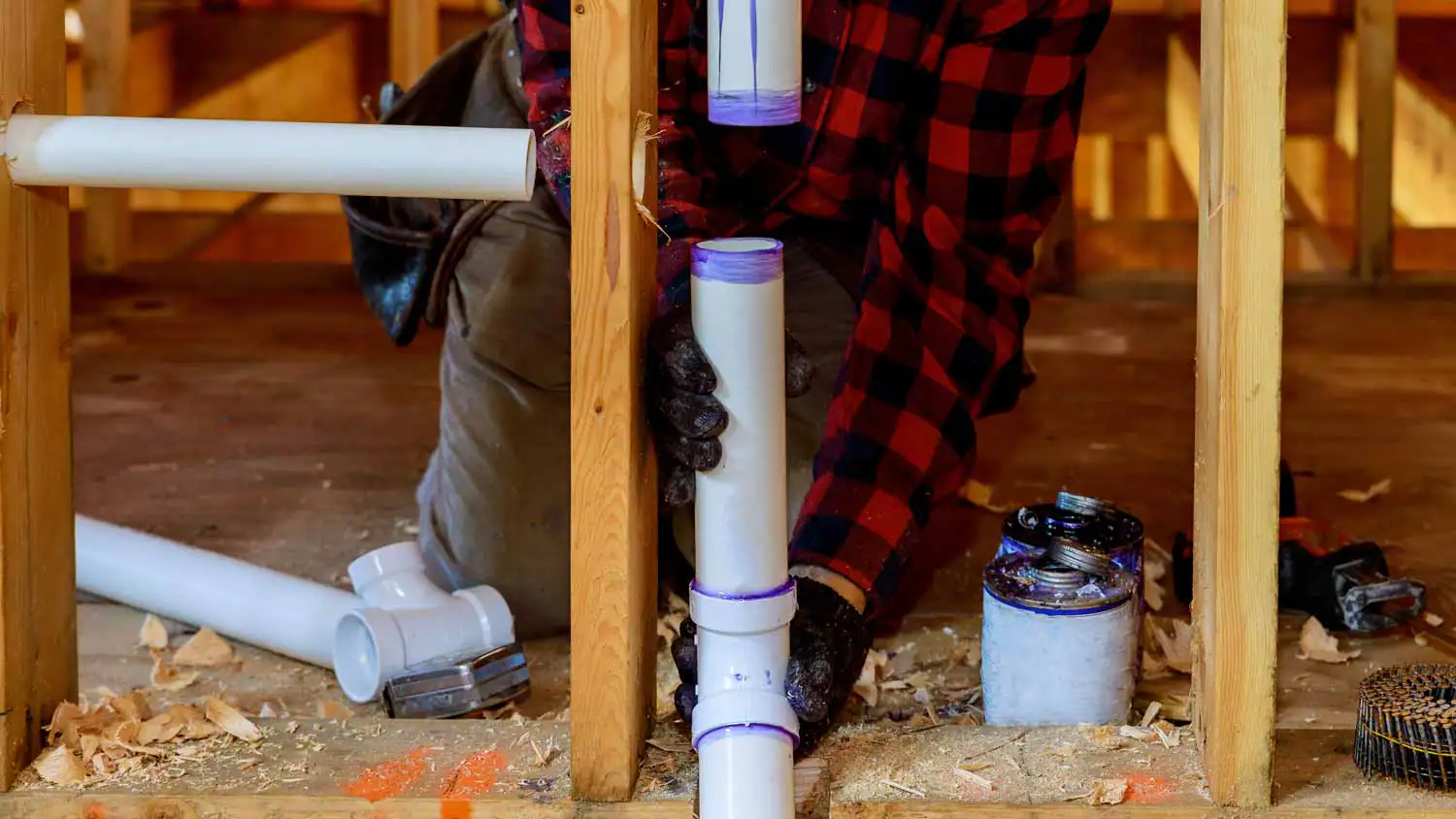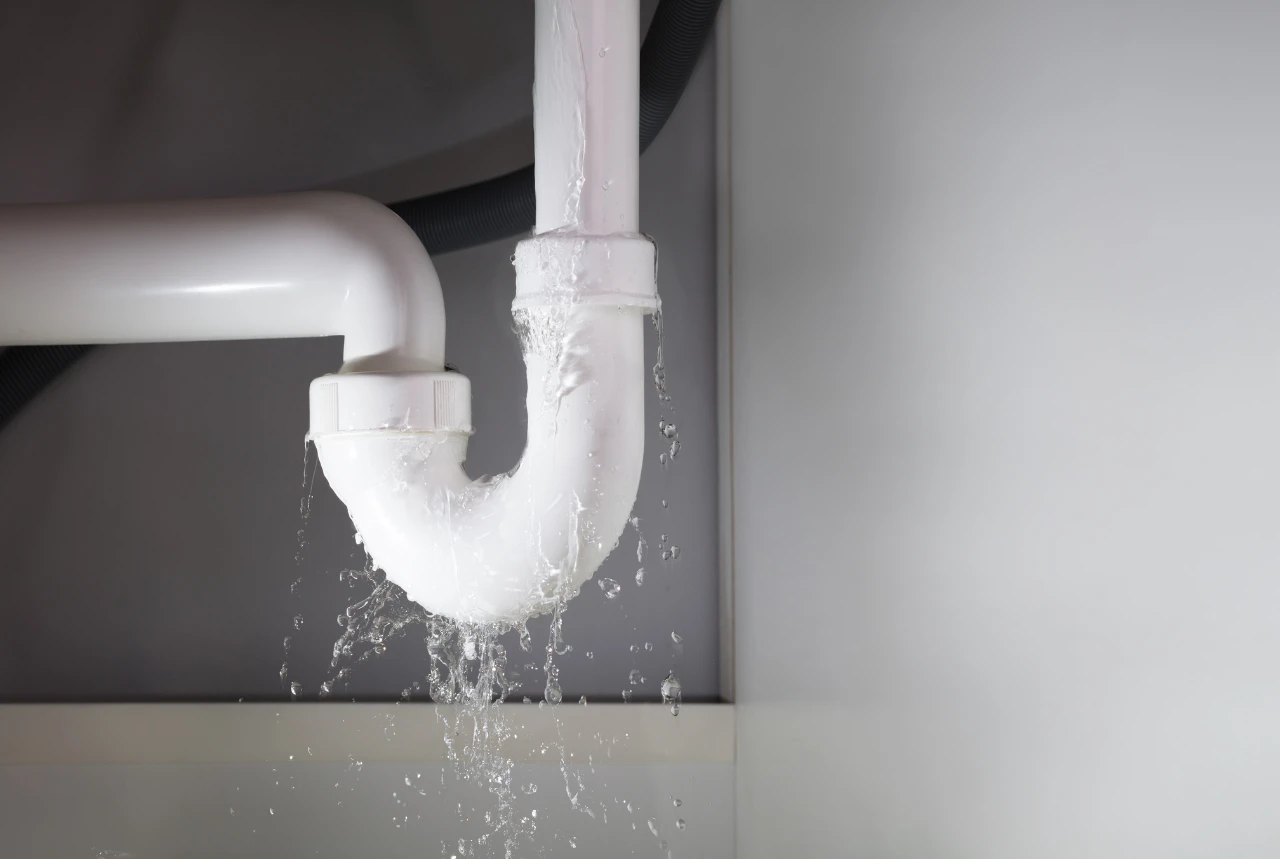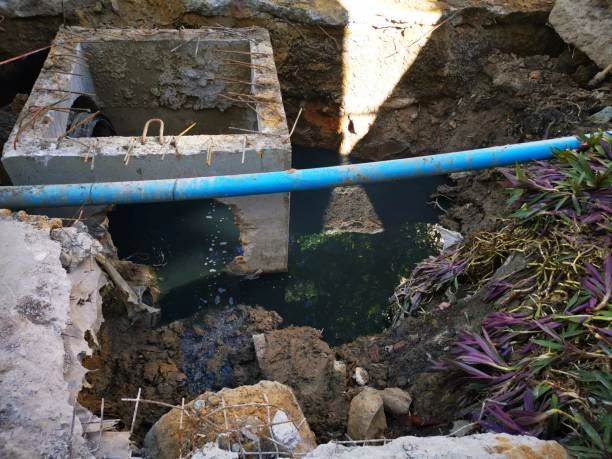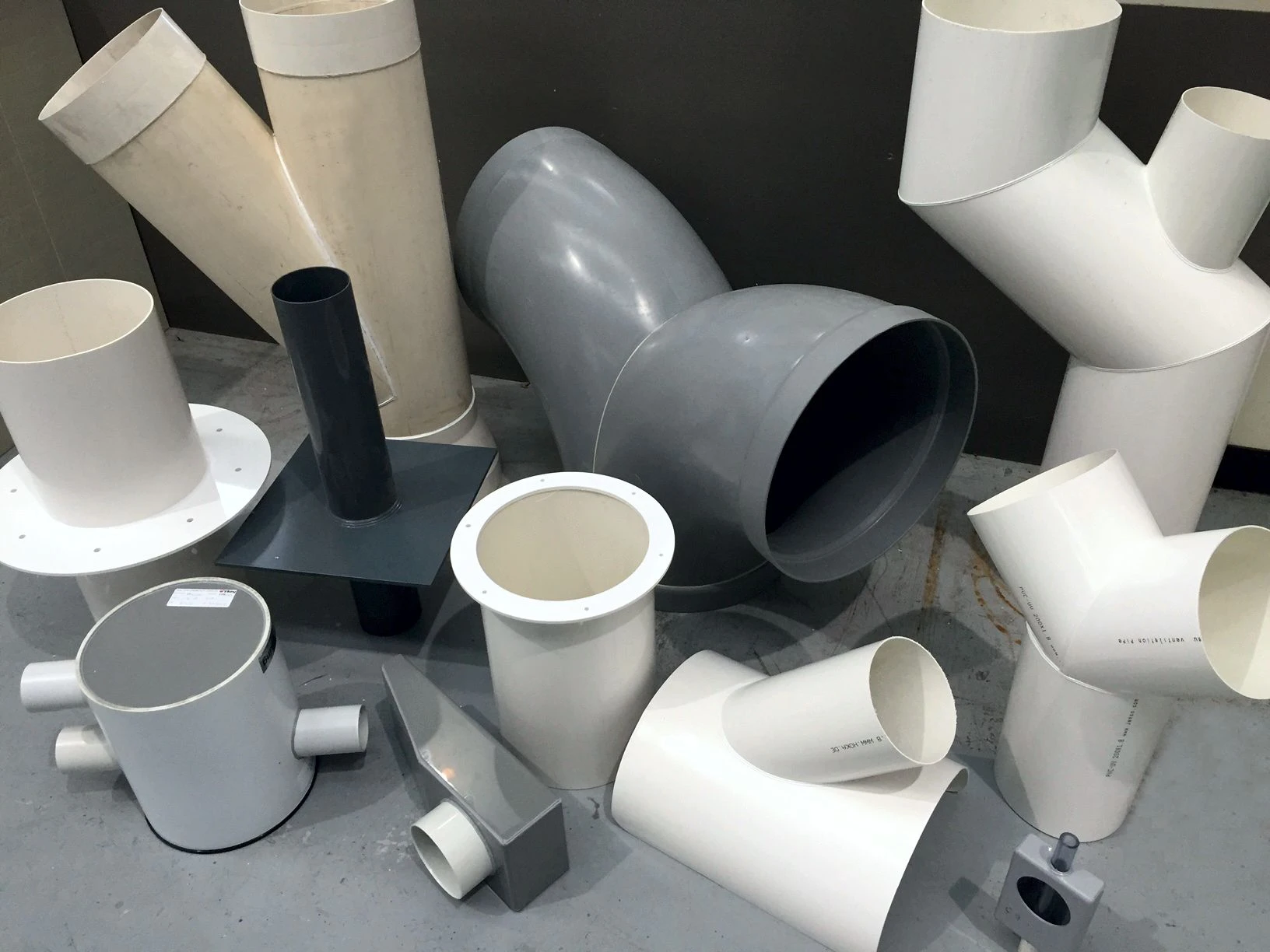1. Introduction to DIN PVC Pipe
DIN PVC pipe has become a staple in modern plumbing systems. Known for its durability and versatility, PVC is a type of plastic that’s easy to work with and offers excellent resistance to corrosion and chemical damage. Whether you’re a homeowner looking to tackle a plumbing project or simply curious about how your plumbing works, understanding PVC is essential.
1.1 What is PVC?
Polyvinyl Chloride (PVC) is a synthetic plastic polymer. It’s made from the polymerization of vinyl chloride monomer and is one of the most widely produced synthetic plastic. You might find it in everything from window frames to flooring—but its primary use in plumbing is what we’re focusing on here.
2. Types of PVC Pipes
Not all PVC pipes are created equal! There are several types, each designed for specific applications. Understanding these can help you choose the right one for your plumbing needs.
2.1 Schedule 40 PVC Pipe
Schedule 40 is the most commonly used type of PVC pipe in residential plumbing. It has a moderate wall thickness, making it suitable for various applications, including drain, waste, and vent systems.
2.2 Schedule 80 PVC Pipe
Schedule 80 pipes have a thicker wall than Schedule 40. They are typically used for higher pressure applications and in industrial settings where extra strength is needed.
2.3 PVC DWV (Drain, Waste, Vent) Pipe
This type of PVC is specifically designed for drainage systems. It’s lightweight and easy to install, making it ideal for carrying wastewater away from your home.
3. Benefits of Using DIN PVC Pipe in Plumbing
3.1 Durability
DIN PVC pipes are resistant to corrosion, which means they can withstand the test of time without rusting or deteriorating.
3.2 Lightweight
Compared to metal pipes, PVC is significantly lighter, making it easier to handle during installation.
3.3 Cost-Effective
DIN PVC pipes are generally less expensive than their metal counterparts, making them a budget-friendly option for homeowners and contractors.
3.4 Easy Installation
PVC pipes can be easily cut and joined using solvent cement, which allows for quick and straightforward installation.
4. Common Applications of DIN PVC Pipes
4.1 Residential Plumbing
From supply lines to drainage systems, PVC pipes are widely used in homes. Their versatility makes them suitable for various plumbing applications.
4.2 Irrigation Systems
PVC is a popular choice for irrigation due to its ability to handle pressure and resist chemicals found in fertilizers and pesticides.
4.3 Swimming Pools
Many swimming pool systems utilize PVC pipes for their plumbing needs, thanks to their resistance to chlorine and other pool chemicals.

5. How to Install DIN PVC Pipe
5.1 Gather Your Tools
Before starting your installation, make sure you have all the necessary tools: PVC cutter, measuring tape, primer, solvent cement, and safety goggles.
5.2 Measure and Cut
Measure the lengths needed for your plumbing project and use a PVC cutter to make clean cuts.
5.3 Clean and Prime
Clean the ends of the pipe and fittings, then apply primer to ensure a good bond.
5.4 Apply Solvent Cement
After priming, apply the solvent cement to both the pipe and the fitting, then push them together. Hold for a few seconds to secure the bond.
6. Maintenance of DIN PVC Pipes
6.1 Regular Inspections
Periodically check your DIN PVC pipes for leaks or cracks, especially at joints.
6.2 Clean Blockages
If you experience slow drainage, use a plumbing snake or a mixture of vinegar and baking soda to clear minor blockages.
7. Common Issues with DIN PVC Pipes
7.1 Cracking
Extreme temperature changes can cause DIN PVC pipes to crack. Be mindful of exposure to direct sunlight or freezing temperatures.
7.2 Joint Leaks
Improper installation can lead to leaks at joints. Ensure you follow proper installation procedures to avoid this issue.
8. Conclusion
DIN PVC pipe is a go-to solution in plumbing for good reason. Its durability, ease of use, and cost-effectiveness make it a favorite among professionals and DIYers alike. Whether you’re looking to install new plumbing, repair old pipes, or even start an irrigation project, understanding PVC and its applications will help you make informed decisions.
FAQs
1. Can PVC pipe be used for hot water?
Yes, but only certain types of PVC pipes are rated for hot water applications. Always check the specifications.
2. How long do PVC pipes last?
With proper installation and maintenance, PVC pipes can last over 50 years.
3. Is PVC environmentally friendly?
While PVC is a plastic, it is recyclable. However, the production process does involve chemicals that can be harmful.
4. Can I glue PVC pipes with regular glue?
No, you should use PVC solvent cement for proper bonding.
5. What sizes do PVC pipes come in?
PVC pipes are available in various sizes, typically ranging from ½ inch to 12 inches in diameter.


















